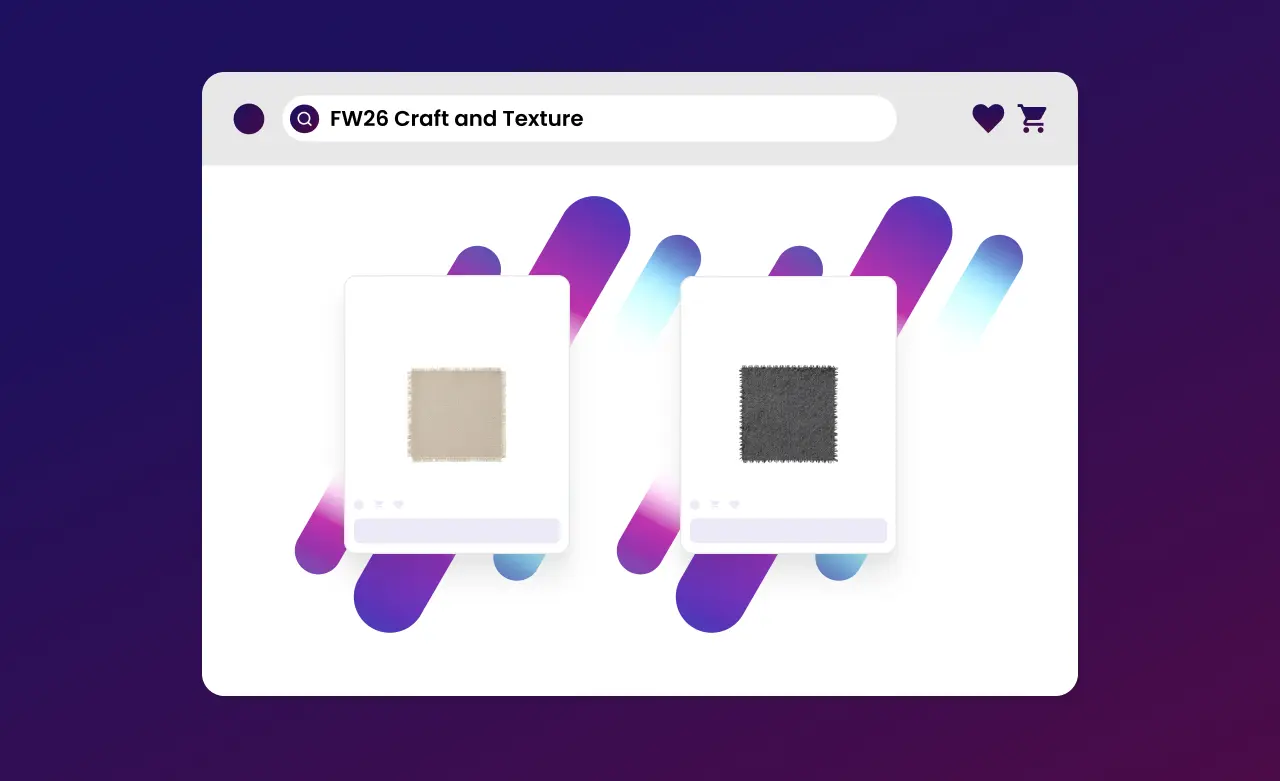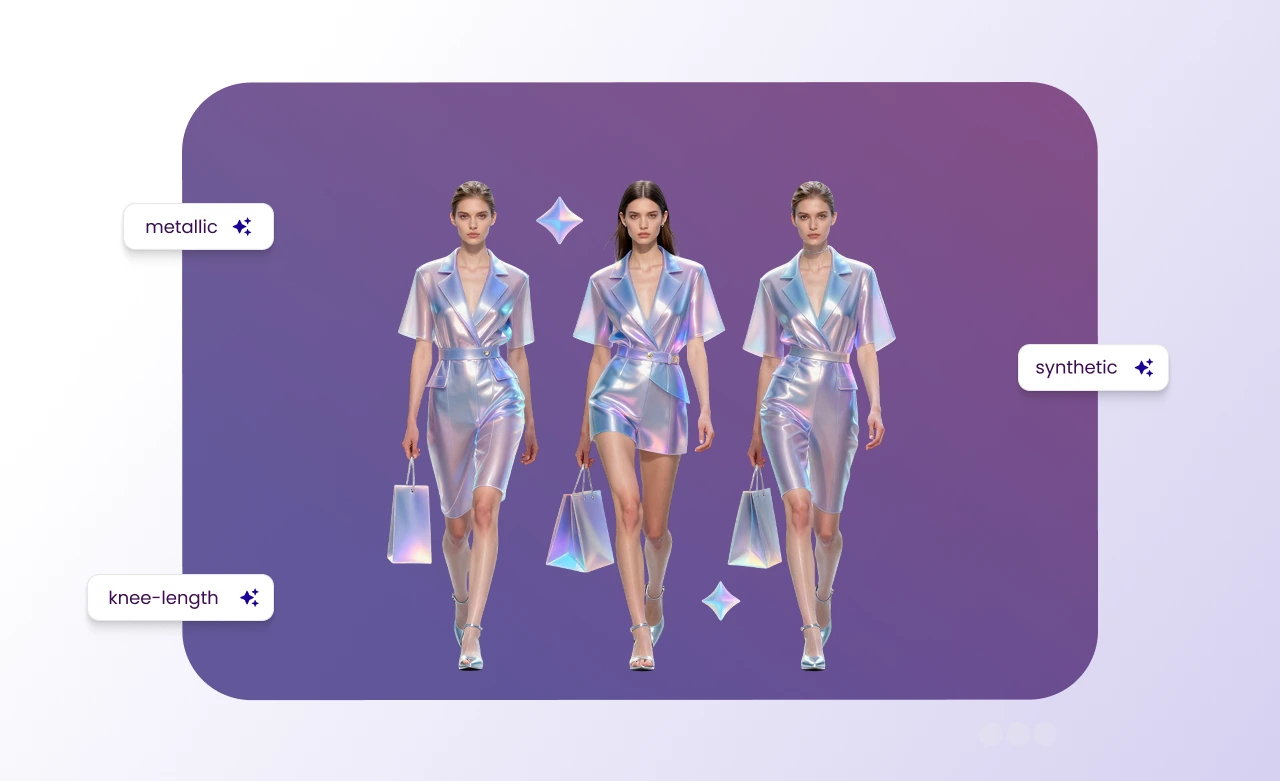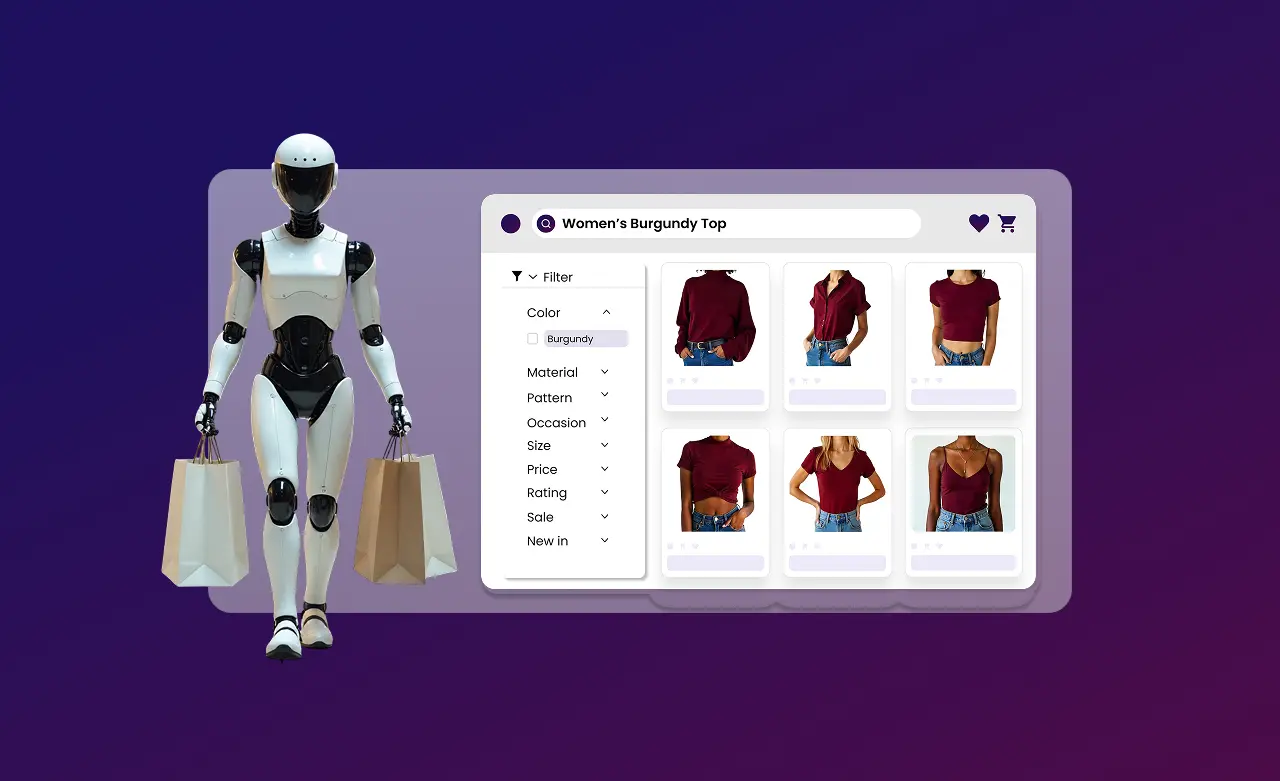
We are fashionistas. We love fashion.
However, we have to face the fact that the fashion industry is leaving a major negative environmental impact on our planet.
Data published by the UNEP and the Ellen MacArthur Foundation shows that:
- Fabric treatment accounts for about 20% of the world’s wastewater.
- 87% of total fiber input leverage in the clothing industry ends up incinerated or on some landfill.
- If we keep this dynamic, by 2030 the fashion industry’s greenhouse gas emissions will exceed 50%.
That’s why we need solutions that could reduce the environmental impact of our wardrobes more quickly.
Second-hand clothing is a movement that is rising as one of the most popular sustainability initiatives.
And, it seems like it’s an even better alternative to recycling.
On average, 1lb of clothes sold second-hand save 5.9 lb of CO2 while recycling the same amount of clothing into fibers saves 1.7 lb of CO2.
With this data in mind, second-hand products can become an important factor in the reduction of CO2 emissions and tackling climate change.
The global fashion industry is going towards sustainability, favoring brands that make clothing from recycled materials, as well as second-hand and renting platforms.
In this article, we’re referring to some of today’s most popular second-hand e-commerce platforms and suggesting how they can improve their competitiveness.
.webp)
Today’s top second-hand eCommerce shops
The RealReal
The RealReal is a luxury second-hand e-commerce store that has recently raised an amount of $300 million.
The startup also went public in June 2019 on the Nasdaq Global Select Market with REAL as their ticker symbol.
Their revenue in Q1 in 2019 was 50% up compared to 2018’s first quarter.
Imparfaite
Imparfaite is a marketplace dedicated to professional vintage clothes and accessories.
The platform has a unique goal: to curate and reintroduce the most exquisite vintage pieces to the market.
This is made possible through partnerships with the top professional vintage sellers in France, including thrift and consignment shop owners.
Thrift+
Thrift+ wants to become the Amazon of second-hand shopping.
The platform facilitates the sale of hundreds of new items every day.
Sellers get half of the profits in form of Thrift+ credit or a John Lewis or Farfetch voucher, while the other half goes to a charity of their own choosing.
Buyers can find designer labels such as Calvin Klein and Coach. However, they can also find popular high-street brands like Cos and Arket.
House of Vintage
House of Vintage was initially opened as a shop in Canada in 2003 and then expanded to the UK.
Today, the second-hand store has an online platform where buyers can find a wide variety of clothes, mainly focusing on vintage T-shirts and sweatshirts.
High-street stores can never offer you such original styles as House of Vintage.
Celebrities also love it - House of Vintage was one of the shops that provided the clothes of Marianne in the popular British TV show Normal People.
Depop
Depop is one of the UK’s Gen Zers’ favorite second-hand eCommerce apps, offering retro sports clothing and styles that were popular in the 90s.
Depop is designed to look like a social network, so that’s why the younger audience especially likes it.
thredUp
thredUp is a popular second-hand online marketplace where people can buy and sell all types of clothing items at affordable prices.
This eCommerce store goes one step further by incorporating AI in its platform in order to personalize the customer experience.
Thanks to smart algorithms, thredUp has the power to provide users with customized product suggestions and place the sellers’ items in more targeted offerings.
The organization's mission is to inspire a new wave of shoppers to first consider second-hand, keeping clothes out of landfills so that they can look amazing without adding to environmental waste.
Rent the Runway
Rent the Runway is a platform where users can rent designer clothing and feel stylish every day.
The platform uses machine learning algorithms to analyze and identify the user’s fashion preferences and provide them with customized offers.
The goal is to provide a personalized experience to those that will take a chance in renting clothing from Rent the Runway’s limited selection of designer clothes.
The machine learning technology also finds another use in minimizing the risk.
The algorithms can identify patterns among customers who have lost, stolen, or damaged items.
This way, the company can avoid abuse of their rentals and keep loyal customers happy.
Vinted
Vinted is a Lithuanian online marketplace where users can buy and sell their used clothes or accessories.
Moreover, they can also talk about fashion on Vinted’s online forums.
With over 20 million members, the platform has 15,000 new visitors on a daily basis.
Users from 12 countries can access the app through iOS, Android, or desktop.
Catawiki
Catawiki, established in 2008, was initially an online forum where collectors could chat.
In 2011, the founders launched an online auction feature and opened it up to anyone with a passion for special items that are difficult to locate.
Catawiki soon developed into the marketplace it is today, hosting 65,000 weekly auctions in more than 80 categories, including fashion.
Catawiki serves clients from around the world and is available in 17 languages.
The Next Closet
The aim of The Next Closet is to transform the clothing industry by encouraging individuals to invest in quality products and reuse what they already have.
Here, users can find and sell second-hand designer clothes with checked quality and authenticity, from an offering of over 1,000 closets.
How to improve competitiveness with technology?
With the rising demand for sustainable clothing, the players of this segment are facing a growing number of competitors.
As buyers are used to personalized service from standard eCommerce platforms, they will expect the same efficiency from second-hand online stores as well.
What we noticed in the list above is that some of the retailers use AI to improve their services.
Artificial Intelligence (AI) is a versatile technology capable of helping fashion retailers unlock the potential of creativity and making their businesses more profitable at the same time.
It starts with collecting data and generating market and user behavior predictions, ultimately making businesses more sustainable.
AI is one of today’s most powerful technologies that can perform tasks much faster than humans.
Algorithms can learn from data, so they become smarter every next time they perform a certain task.
This field includes machine learning, visual recognition, deep learning, and natural language processing.
Innovative methods, diverse facets of analytics, and new data sources are becoming popular with the rise of AI. One such method is fashion product tagging, which enhances the ability of online stores to categorize and present items more effectively.
This is a technology that has the ability to make online stores more efficient and competitive, enabling them to respond to trends in real-time.
Most importantly, AI can drive fashion retailers toward sustainability in a way that is both inclusive and open.
Pixyle’s visual AI leverages smart algorithms to improve the efficiency of your online store.
Want to find out how you can improve your second-hand eCommerce shop?
Discover Pixyle Ultimate Dress type Taxonomy Guide
Learn how to structure your catalog in a way that matches how people actually shop.


Boost your sales with AI product tagging
Optimize your eCommerce catalog to improve discovery and conversions.







